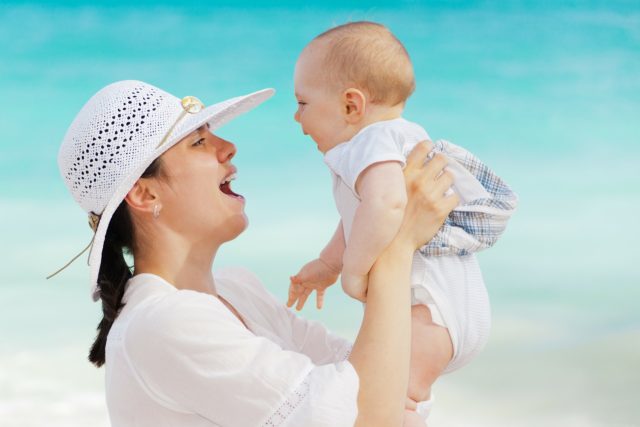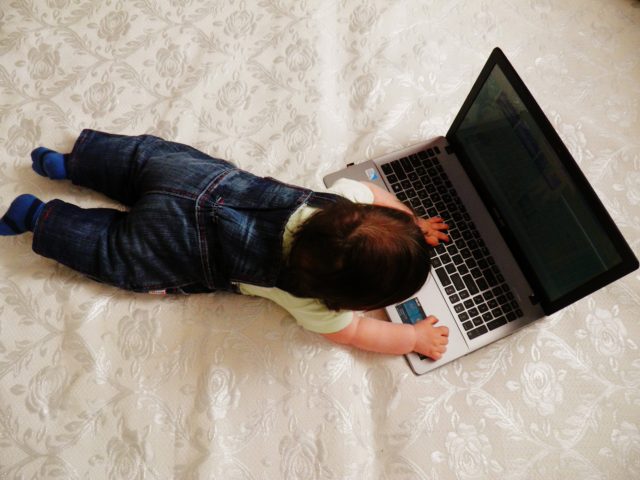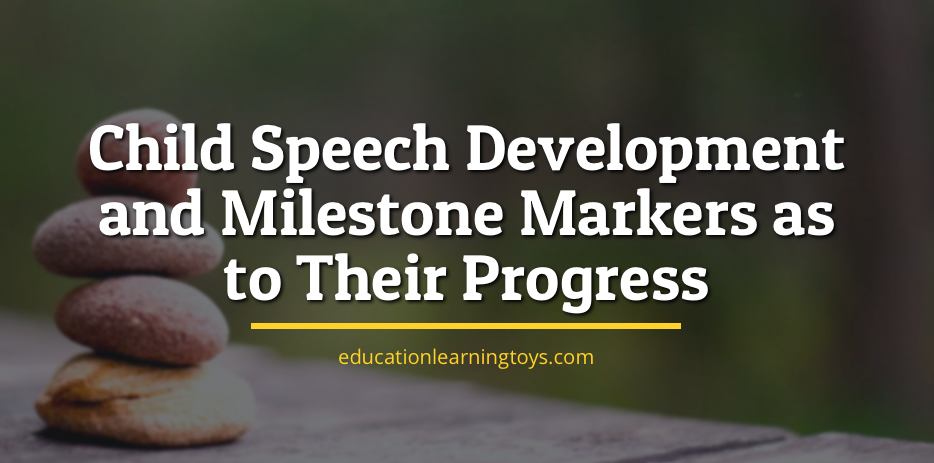As a child develops, their speech will increasingly enhance and improve too over time. There are various milestone markers which can give you an indication as to how your child is progressing against these. Every child is different, and some will reach these milestones earlier or later than others. If your child is severely delayed it is worth getting them checked by specialists to ensure that anything that needs to be supported can be. You may be wondering what are the natural stages of speech and language development and at what point they should be articulating? The checklists below may help.
Baby speech and language development timeline or Chart
Newborn babies quickly learn to communicate through crying – they know that when they cry, that will bring a caregiver who will usually feed them, or make them more comfortable, or give them some human contact.
By 6 months most babies will recognize language.
There are various things you can do to help your baby learn to talk such as by chatting about what you’re doing, singing to them, repeating noises back, and talking in a sing song voice

Language Development Milestones 0-2 Years
Babies will learn to react to noises, will calm down when spoken too, will make cooing and other sounds to indicate pleasure. From 4-6 months babies will start to make babbling noises, especially with sounds that begin with p, b and m.
From 7 months to a year, babies will start to understand words like: cup, shoe or juice. They may understand simple requests such as ‘come here.’ By their first birthday they may have one or two words such as ‘mama’ ‘dada’ ‘dog’ or ‘hi’.
From 1-2 years the child can understand simple requests such as ‘throw the ball’ or ‘where’s your shoe?’ The child at this age can ask some simple questions, understand simple songs and stories and point at pictures in books. A child may be able to put a couple of simple words together, such as ‘more juice’ etc. You can encourage children and reinforce the correct pronunciation of words.
2 Year old Speech Development Checklist
Between 2-3 years a child will:
-
- have a word for most things
- be able to use 2-3 words to talk and ask for things. The child will be able to use k, g. f, t and d sounds and will be able to speak in a way that is understood by family and friends.
3 Year old Speech Development Checklist
It’s at this age that parents should start to see huge changes in their child’s speech.
By three years old, a child should:
-
- hear you from another room – often using their name at the start can help
- should hear the TV and radio – you can help them by limiting background noise though
- should be able to ask who, what, where and why questions.
- should be able to talk about what they’ve done at pre-school a friend’s or family member’s house.
- They should be using sentences with more than four words.

Children at this age should also start to use colors and concepts that describe the size of things, such as little or big. As a child gets older and develops further their language will develop too, and the milestone checklists above give you an indication of the types of behavior you can expect.




